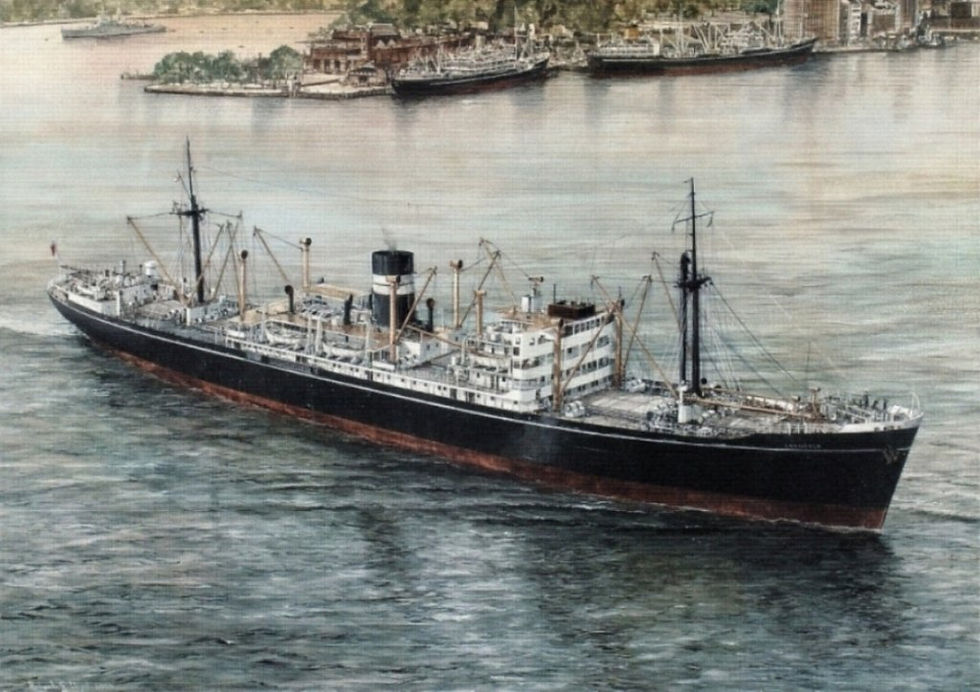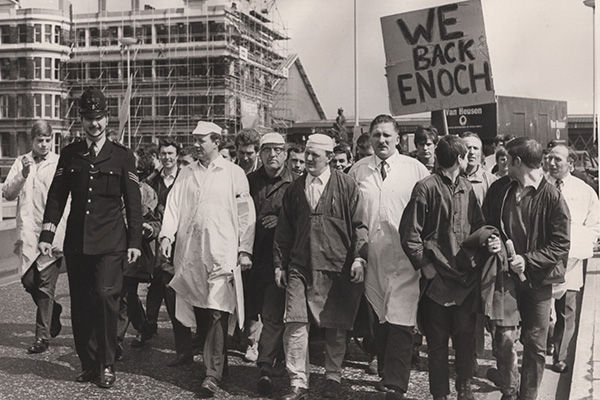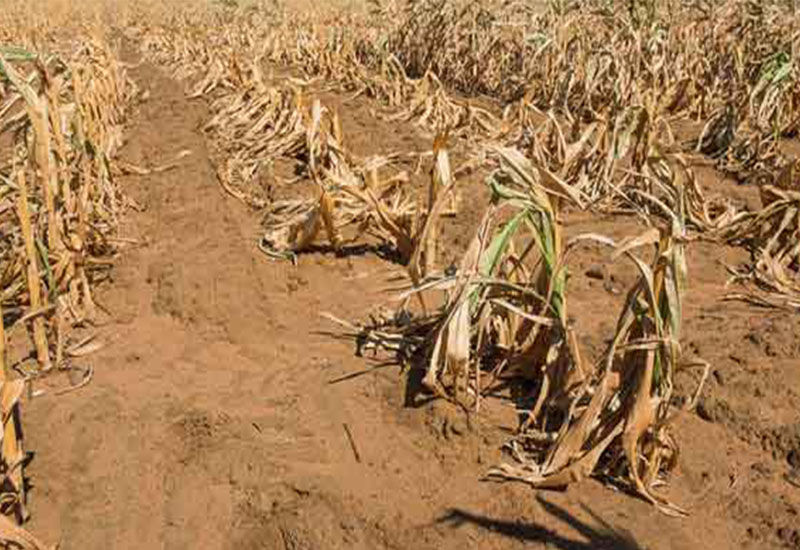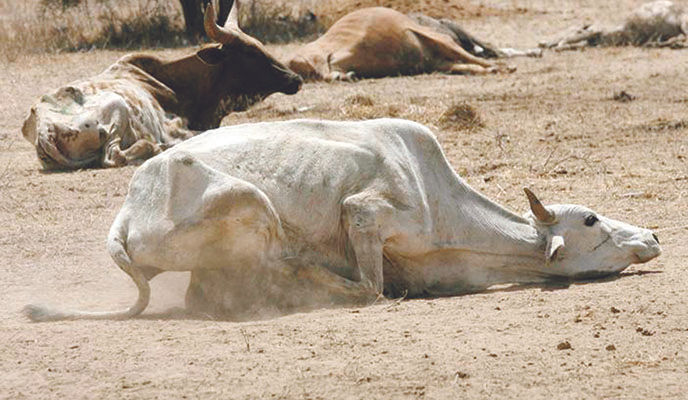
This week I write about leaving school. I used to complain about school a lot even after I left the damn place. All my life up until the day I left school every adult who heard me whinge informed me that school would be looked back on being the best time of my life. They were quick to inform me, “Adult life brings troubles, in many forms, responsibilities and the need to work for a living. Everything that came after school will be much harder.” Contrary to this I have never found anything as bad as school, I carry so few fond memories of my time at school they could not offset the rigours of the bad times in future life. In the army, the camaraderie built quickly with hardships shared, while at school you were inclined to suffer alone. Only on the rugby pitch at school did I find team spirit. In the army, at the worst of times, and at work I always found myself embedded in a team with a common goal. Yes, even during marriage I felt and still feel freer than I did when I was at boarding school. I always judge my level of contentment with my ability to get out of bed. At school many a day I was loathe to do so, leaving it to the last possible moment to avoid punishment. That is fear, the driving factor, not enthusiasm. For most of my life, even during my recent illness, I have not looked forward to a day. The one period of exception was during my depression shortly after we were dispossessed of our farms and moved to Zambia. Then I did not want to get out of bed at all, luckily within a few months with support from my family I got through that period. I touched on this in earlier blogs.
Leaving school for me was a major event in my life. That is three now to this date 1967, two negative and one positive. My mother’s death, along with being sent away from home to school was the negative, followed by the positive of bidding farewell to school with only O’Levels to show for it. In times of reflection, I wonder where I would have been if I remained in school and went to university. I doubt I would have seen, done or experienced so much in my life if I had done so.
“Grab every legal, I emphasise legal, experience and opportunity that comes your way. Life-changing opportunities are few and far between and each does not generally make themselves available to you more than once in your lifetime.” Peter McSporran
A Little Fragile
I seem to have good periods and bad. I am not sure what causes the bad; perhaps much of it is in my mind. On Monday and Tuesday this week, I was feeling particularly fragile, experiencing nausea and feeling cold despite it being 18C during the day. Rozanne then remembered my new medication prescribed in preparation for my heart procedure could have a number of side effects including nausea. Maybe that is the reason? By Wednesday, while not 100%, I was certainly better than earlier in the week. It is just from time to time even on a sunny day I feel very chilled to the bone while all my monitoring of vital signs looks fine. Not enough to warrant a visit to the clinic, just enough to niggle.
MV Chantala, My Africa Voyages Begin and Clint Eastwood
A month or so before leaving school, I headed down to London for my interviews with the British India Steam Navigation Company (BI). This mainly consisted of one on one interviews coupled with aptitude and coordination tests. The latter I cannot understand how I could pass, as I am without a doubt, one of the most uncoordinated people I know. Perhaps, it was the awkward shape of the rugby ball that allowed me to catch it, I do not know. Throw a round ball at me and in every likelihood I will drop it. In the army, I definitely did have two left feet, initially to the amusement of my drill instructor, later to their anger and frustration.
Between leaving school and heading off to sea, my stepmother thought it better I saw something other than farm life and procured a job for me at the Great Western Hotel, Oban. I have no idea why; I had no interest in the work with plenty to do on the farm before my departure to sea. It seemed to be my parent’s idea that the less I saw of the farm, the less I would want to farm—misconstrued logic. Anyway, I set off to Oban where, without an interview, I was taken on as a waiter at this renowned hotel. My living quarters were far from luxurious, finding myself in the depths of the hotel basement sharing a pokey room with a Glaswegian who spoke so broadly I could not understand him. The hours were long, the people generally rude, with the main restaurant, where I waited tables, closing long after the pubs did. In those days bars shut at 10 pm. Within two weeks I was hankering for the farm and Mull, so packed my small bag and headed home, for what was to be my last summer working holiday on the farms. While being a waiter at the Great Western Hotel I really learned there are nasty and nice people in this world. Waiters see them both and recognise each category very quickly. It does not take long waiting tables to identify those who no matter how well you serve them, will never be satisfied. Giving you nothing or little reward for your efforts. Meanwhile, one of the biggest tips I received was from a couple after I had spilt soup over the lady’s dress. I was never sure if the husband rewarded me for my good service or for the wet and hot assault on his wife.
“A good lesson to take forward in life, do not waste your time trying to please the unpleasable.” Peter McSporran
In September, I set off for London to join the cadet training ship M.V Chantala. Her original purpose was a cargo-passenger ship for the far eastern seaboard. In its heyday, BI had some 150 ships under its flag, mostly serving East Africa, the Subcontinent and the Far East. The MV Chantala no longer carried passengers, having been converted into a floating training school for some 16 officer cadets whilst plying its cargo. When I joined her, she was running between Europe and East Africa carrying high-value finished goods, such as motor vehicles, tractors, appliances, alcohol, cigarettes, cars, and yes, whisky. We used to carry a huge amount of porcelain toilet bowls. I thought everyone in Africa must have a toilet. Imagine my surprise to find so few when I finally arrived there. In return, we transported tinned meat, cotton, cottonseed, beans, coffee, tea, sisal and other raw goods.

On joining the vessel in London, we sat at the East London docks for some 6 weeks due to the 1967 dock workers being on strike. This was during the end of the casualisation of dock workers. A system of employment that gave the Union leaders and shipowners great power leaving dockworkers little security of employment or income. I am not too clear, but up until about that time the number of dockers employed and for how long was dictated on the arrival of ships between the owners and the union leaders giving the latter huge power. No surprise their family and friends always found employment. Here, we are talking about the time before containerisation, when cargo was deemed general, loaded and stowed physically by dockworkers aided by cranes and ships derricks. When this high manpower system was broken, containers came in and while dockers were more regularly employed, many lost their jobs and the union leaders, their power. I am sure there are many who can give a more accurate account. Whatever, for me, it delayed us leaving for Africa. In fact for the 18 months I was in the merchant navy, strikes often disrupted our sailings from Europe. Can you believe it, in 1968 the dockers went on strike under the slogan “Back Britain, not Black Britain,” in support of Enoch Powell, MP, who had just been sacked for his, “River of Blood” speech? Commentators now say most of the strikers were not in sympathy with Powell, a Tory, but the dockers had just lost a bitter 9-week strike and were downing tools for any excuse. This was Wilson's Britain.
When we finally set sail it was with relief, being stuck in London with no money to spend was not fun. Importantly any trip into the city also involved a run through a gauntlet of striking, rowdy dockers. Merchant Navy officers got little sympathy from these people and were viewed as part of the enemy camp. It also set the tone for us 16 cadets, boredom and all that goes with it within a group of young men with time on our hands. For some reason, we did not get the guidance and attention we needed and most of us, although, we were staggered into groups of roughly five arriving at a time, had little experience of the world. Discontentment was obvious amongst many. The cadet training officer was a weak man, the senior cadet, with three years of service was a bully and as far as I could make out, a pervert who left us to develop into little cliques, goodies and baddies. There were some great guys for the majority, but we were all bored stiff. Once we left British waters it was fine, on each return trip, we would dread the time spent either sitting offshore, normally in fog or alongside the wharf waiting for striking dockers to return to work. I was to do three trips around the Cape of Good Hope by my 18th year, a great experience except I got chronic seasickness. I, who had spent all my life in boats getting seasick?! It was no consolation to learn that Nelson also suffered from chronic seasickness. During the trips, priorities in early training were the Rules of the Sea, signalling, semaphore and morse code, along with navigation and watchkeeping on the bridge. We were also taught seamanship, including basics such as knots, splicing and sail sewing. In those days using a compass, sexton and ship's log for determining position and distance travelled daily was practised. Cargo loading and distribution, including water and ballast were jobs for us cadets in the harbour. On most returns to the UK, we had to sit some basic Board of Trade exams from time to time which were generally not too difficult. I did struggle with the sexton and its four errors to resolve. One of the many exams I passed was lifeboat coxswain, which was both practical and academic.
On our first trip heading for East Africa in transit, we went via the Mediterranean to collect some cargo at Almeria in Spain. Much excitement as Clint Eastwood had just starred in a number of hit Spaghetti Westerns filmed there. Unfortunately, we did not see any poncho clad, cheroot smoking gunmen. In those days Almeria was no more than a village. From there we set off to round the Cape of Good Hope, the Suez was shut due to the 6 Day Israeli Arab War that had taken place that June of 1967. At last, off to Africa, a three-week non-stop voyage.
Next week the East African Coastal.
Drought, Recovery and Sustainable Agriculture
“Why have I included my time at Commercial Farmers Union (CFU) in investing in Africa”, you say? The answer is that the time I spent at CFU as Vice-President and President really shaped my future career, both internally in Zimbabwe and externally within Africa. What I learned about marketing, banking, research and negotiations stood me in good stead, especially after the land invasions and expropriation. In four years I learned more about agriculture and the ingredients required for success than I had in all my previous years farming. What we took for granted in terms of access to finance, research, good seed, robust marketing systems, extension services, trained and skilled labour, trained and experienced management and the support organisations including the CFU to ensure these services just do not exist in the rest of Africa. Zimbabwe was not the successful agricultural production hub, the envy of Africa, because of climate, soils or rainfall. It was built on the back of its institutions and the people who ran them, be it the international seed house, plant breeder or the humble rural mechanic.
The other thing I gained there was an amazing interaction with local and international political players alongside agricultural experts throughout the world by attending such events as the World Economic Forum and the International Federation of Agricultural Producers (IFAP). An envious agricultural and business network.
In August 1992 I was elected to become Vice President of the CFU in what is known in Southern Africa, as the drought of the century. The land issue was brewing, but my President and later good friend

Anthony Swire-Thompson's immediate task was to enable farmers to not only survive the drought but be able to source the funds to rebuild production following the drought. Obviously, the first port of call was the commercial banks, to ensure they were on board in trying to retain and rebuild, not only the farmers but the economy too. Any foreclosures would have collapsed the agricultural industry and its service providers like dominoes. Of course, in those days you spoke to bankers across the desk or at a higher level around the table. Things were so bad in 1992, there was no them or us, we were all in it together including the Government who, believe it or not, were very supportive at that time. It is estimated over a million head of cattle died in Zimbabwe in the 1991-1992 drought. Close to 25% of the total national herd. The southern half of Zimbabwe was the worst affected, and Anthony and myself in gaining office immediately toured the whole of southern Zimbabwe. Environmentalists said we had destroyed the environment due to too many livestock units being carried and the veld (savannah) would never recover.

On returning to our offices Anthony, I and the CFU’s senior directors, David Hasluck and Dr Gerry Grant, knew that staving off the banks would not be enough. More money would have to be found. Eventually, through negotiations, we convinced the Reserve Bank to reduce the Statutory Reserve requirements, making this money available to commercial banks to lend to farmers. Intensive negotiations ensued with the
Reserve Bank and Government. Of course, there were many people who believed it would be good money sunk after bad. To all our good fortune in December 1992 the rains returned. We received many letters of appreciation not only from the farmers but the Government for putting the plan together. This was the largest and most fulfilling deal I have participated in within my lifetime. As not only the cattle had died in the Lowveld of Zimbabwe, much of the game had also succumbed leaving vast tracts of land completely livestock free. We also helped coordinate livestock relocation including wildlife and fodder to the worst affected regions to be returned once the drought broke. To all our surprise, not least the environmentalists, with the rains back, coupled with low livestock pressures, the grass was growing above fences within a year.
“Nature is resilient but needs to be cared for. Not to be overexploited beyond recovery which can be swift if permitted. Look at fish stocks for example in protected areas. We humans, the consumers, are inclined not to allow for this recovery by demanding maximum output both from the wild natural world and cultivated land. Attitudes must change. I do not know how we can achieve this when in this high tech world people still believe pangolin scales have special powers.” Peter McSporran
Disclaimer: Copyright Peter McSporran. The content in this blog represents my personal views and does not reflect corporate entities.
Comments